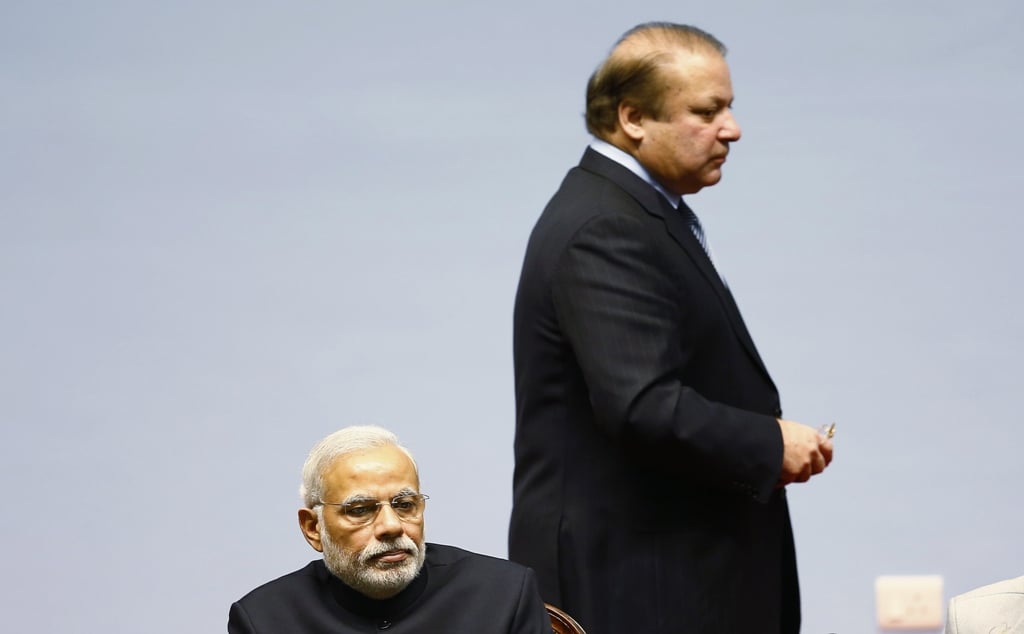
The talks by the water commissioners of both countries are the first since March 2015. Although there is little in the public domain, there is chatter in the back-channels that America, China and the World Bank were active in ensuring that the talks went ahead, and seen in the wider context of the India-Pakistan suite of complex disputes the IWT is a foundation on which may be laid other activity — such as the reviving of the moribund composite dialogue that has been in the freezer since early 2016.
Threats of revocation of the IWT by Mr Modi appear to be off the table, and there are signs that the most recent talks may spawn other exchanges about Indian power projects, not all of which are to the benefit of Pakistan. Mechanisms exist for the resolution of disputes, and it is Pakistan’s contention that the International Court of Arbitration is the appropriate body — India disagrees.
Day Two of the talks demonstrated that India and Pakistan are not genetically incapable when it comes to finding common ground. India has agreed to a redesign of the Miyar Hydroelectric project it is being reported by Radio Pakistan, with further agreement on another inspection of the Lower Kalnai and Pakul Dul projects. It is flexibility like this around such crucial infrastructure for both countries that sows the seeds of optimism.
It is now clear that the World Bank and the Americans played their hands ‘at the highest level’ — diplomatic-speak for a discreet twisting of arms behind the arras — and while both may have different motives for doing so they are at least convergent and feed into the wider agenda of regional peace or at least the mitigation of tensions. The Chinese will not be unhappy with this outcome either particularly as the Indus rises in China as does the Shyok.
There are now to be secretary-level talks on the Ratle and the Kishanganga hydropower plants in Washington on April 11th, 12th and 13th. The proximity to the levers of power may be, but probably is not, a useful coincidence. Pakistan’s water and power minister has welcomed India’s decision to resume the secretary-level dialogue on the issue. One hopes both sides show enough flexibility so that equitable and sustainable solutions can be found to the mutual satisfaction of all.
The sustainability of the IWT is worth diplomatic time and effort by Pakistan, largely because it is the only platform that offers ‘branching’ options as indicated above. Global climate change is going to mean that for India and Pakistan water trumps all other disputes in terms of the necessity of a resolution. The Indus river system(s) are going to experience fundamental changes in coming decade that will happen irrespective of local politics. The lives and wellbeing of over a billion people depend on the Indus waters and poisonous politics cannot be allowed to pollute them.
Published in The Express Tribune, March 22nd, 2017.
Like Opinion & Editorial on Facebook, follow @ETOpEd on Twitter to receive all updates on all our daily pieces.












COMMENTS (5)
Comments are moderated and generally will be posted if they are on-topic and not abusive.
For more information, please see our Comments FAQ